
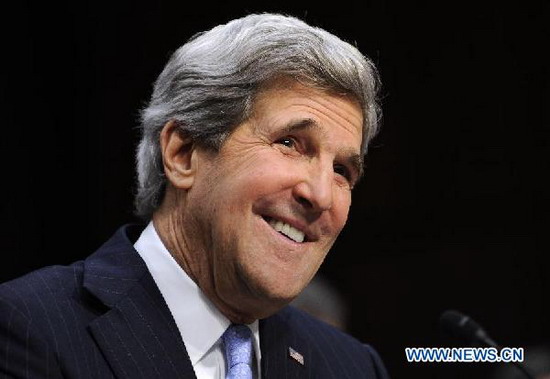 |
| Senator John Kerry testifies at his confirmation hearing before the Senate Foreign Relations Committee to become the next Secretary of State on Capitol Hill, in Washington D.C., capital of the United States, Jan. 24, 2013. (Xinhua/Zhang Jun) |
Key Words:John Kerry; U.S.; Secretary of the State;Hillary Clinton; Sino-U.S.;ties;
Related Reading:
>> High hopes Kerry will seize new opening in U.S.-China ties
>> John Kerry warns of disaster in failed Middle East peace efforts
John Kerry succeeded Hillary Clinton to serve as the 68th U.S. Secretary of State on Feb. 1, 2013.
As the chief diplomat during Obama's second term and the representative for the diplomatic image of the United States in the international arena in the future, what an "American face" will the new Secretary of State put on?
After taking office, what diplomatic style will Kerry exemplify? How will he deal with China?
Seen from his review and voting records regarding China-related bills in Congress, Kerry generally voted in favor of bills conducive to promoting the development of China-U.S. relations, and generally voted against or expressed different opinions for bills not conducive to China-U.S. relations. However, recently during his attendance of the hearing of the Senate concerning his appointment, when it came to the "rebalancing" strategy in the Asia-Pacific, Kerry said "I am not convinced that the United States needs to increase its military presence in the Asia-Pacific" Though he subsequently added that he did not recommend any reduction to the current level either. Such a stand is quite different from that during the Hillary term and makes people "think".
Rebalance the "rebalancing" policy
Huang Renwei, vice president of Shanghai Academy of Social Sciences said such stand is to rebalance the "rebalancing" policy of the United States in Asia-Pacific region. In fact, when the United States proposed the "return to Asia-Pacific" policy, its purpose is to prevent the decline of its influence in Asia. It was a defensive rather than offensive strategy. However, because of some kind of ideological prejudice Clinton as U.S. Secretary of State holds against China and influenced by his strong leadership style, the United States' diplomacy toward Asia-Pacific overstressed on the part of confrontation with China. Such "take offense as defense" practice encouraged some countries in the region which have territorial disputes with China and rapidly heated up the conflicts in the Asia-Pacific region, even almost got the United States involved. In fact, during the late Clinton term, critical voices have already emerged in the U.S. strategic community. Some argued the "rebalancing" policies in the past three years were too aggressive and did not meet the national interests of the United States since a large amount of money had been spent yet failed to gain any benefit.
Some analysts believe that Obama is now trying to rectify Hillary's "extreme" behavior toward China, and "fine tune" the "rebalancing" policy. Kerry becomes the best person to act in this regard because of his moderate conduct style.
Jin Canrong, vice dean of the School of International Studies of Renmin University of China agrees with this statement. He said that the Obama administration will keep the grand strategy "rebalancing" unchanged as the basis, and adjust the intensity and pace in implementing this strategy by highlighting non-military content.
On the economic front, the United States will continue to promote the TPP strategic guidelines in an effort to achieve the goal of doubling exports; in social and cultural fronts, it may also promote more exchanges, which can be deemed as including the previous promise to send 100,000 exchange students to China.
Kerry stresses more on coordination rather than confrontation in foreign relations and possibly will strengthen communication with China to ease the relations between its Asian allies and China, realign the "out of order" Asia state-to-state relations during Clinton’s term, and reconstruct the mutual trust relationship between China and the United States which have been damaged during that period.
Read the Chinese version: 克里今接棒希拉里任美国务卿, source: Jiefang Daily, author: Liao Qin;Cheng Ming;Wang Shaozhe
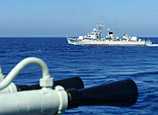
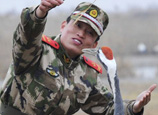

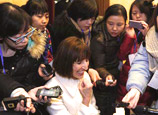
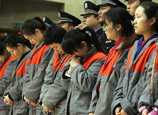
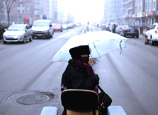
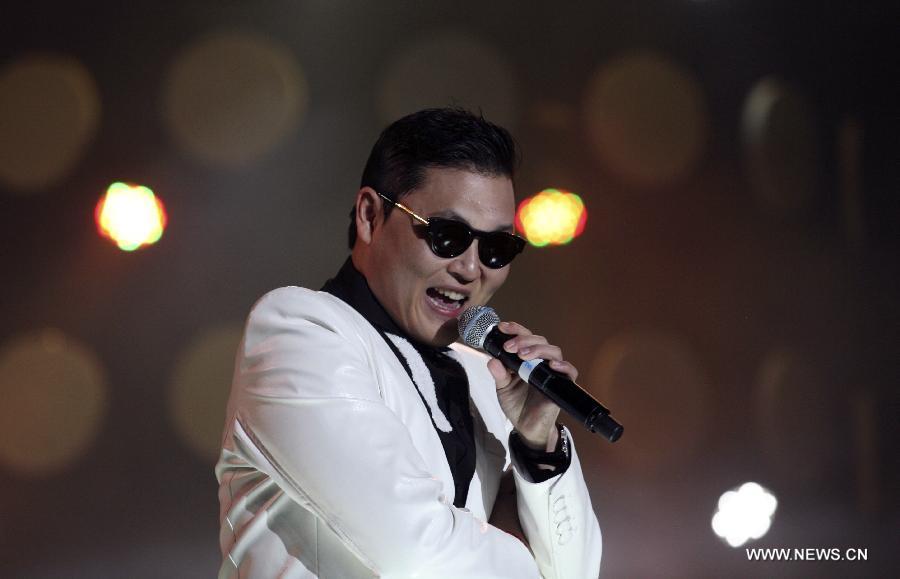

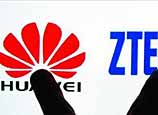







 China's weekly story (2013.01.27-01.31)
China's weekly story (2013.01.27-01.31)


![]()
